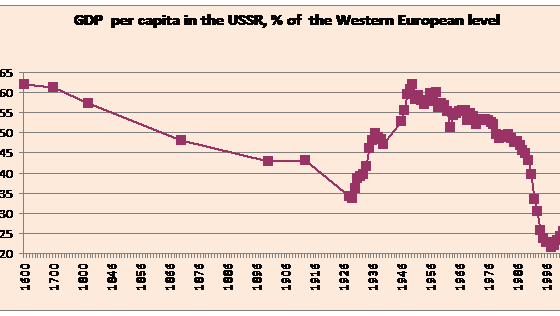(The Washington Quarterly) The role of nationalism within the Russian public is an under- examined but potentially important aspect of the crisis surrounding Russia’s annexation of Crimea and its continuing involvement in eastern and southern regions of Ukraine. As commentators have sought to comprehend President Vladimir Putin’s motives, many have asserted or assumed that such actions enjoy tremendous Russian public support. Indeed, public opinion polls from Russia indicate that Putin’s popularity soared in the wake of the Crimean annexation and that large majorities have supported the government’s policies in Ukraine, sympathizing with the Kremlin’s negative portrayals of U.S. motives and actions.1 However, it is not clear whether this wave of public support is a fleeting “rally around the flag” phenomenon or the result of an organic, deeper tendency toward nationalism and xenophobia in the Russian public
Both interpretations have their advocates, and the answer has important implications for U.S. policy toward Russia.2 If much of the support for the regime’s aggressive actions represents temporary fervor mobilized by an all-out propaganda campaign, then in the medium- to longer-term, at least some parts of the Russian public might harbor more critical attitudes toward Putin and his policies, as well as more sympathetic attitudes toward positions associated with United States and its allies. In that case, multipronged policies geared toward the patient cultivation of more positive images and narratives about the actions and motives of the United States and progressive, liberal alternatives to Putin within Russia might eventually prove fruitful. However, if support for Putin’s Ukraine policies is instead symptomatic of a deeper tendency toward nationalism and xenophobia within Russian society, then the prospects are slim for challenging Putin’s narrative about Western aggression and encouraging divisions that may ultimately help undermine Putin’s legitimacy among his people; and policies must be crafted accordingly.
See the full here (George Washington University) or here (Taylor & Francis)











